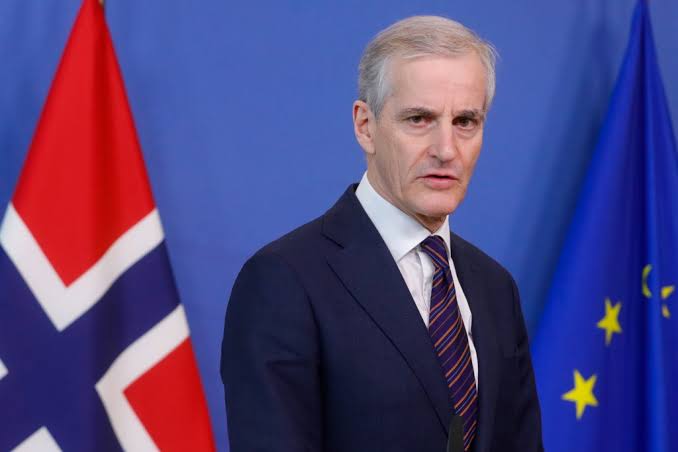The Norwegian government disclosed that Russia breached the country’s airspace on three occasions this year, marking the first such incidents in over a decade, according to an official government statement.
The announcement came as NATO unanimously condemned Russian airspace violations against alliance members during a North Atlantic Council meeting on 23 September, convened at Estonia’s request following a 19 September incident.
“This year, in spring and summer, Russia violated Norway’s airspace three times,” Prime Minister Jonas Gahr Støre said. “The incidents in Norway are less extensive than violations against Estonia, Poland and Romania, both in terms of location and duration. However, we take these incidents very seriously.”
The three violations occurred on 25 April, 24 July, and 18 August, representing the first such breaches of Norwegian airspace in more than ten years, the government stated.
On 25 April, a Russian Su-24 fighter jet entered Norwegian airspace over maritime areas northeast of Vardø, remaining in Norwegian airspace for four minutes. The July incident involved a Russian L410 Turbolet aircraft flying over uninhabited territory along the border in the eastern part of Finnmark region for three minutes. In August, a Russian Su-33 fighter crossed through Norwegian airspace over maritime areas northeast of Vardø for one minute.
Following these incidents, Norwegian authorities engaged with Russian officials “directly and clearly” to discuss the violations “with the aim of reducing the risk of misunderstandings and escalation,” the government said.
The NATO meeting addressed what the alliance termed dangerous Russian airspace violations. During the UN Security Council session called over the Estonia incident, British Foreign Secretary Yvette Cooper declared that “NATO is ready to respond” to Russian military aircraft violating alliance airspace.
Ukrainian Foreign Minister Andriy Sybiha called for more decisive NATO action in response to Russian airspace violations, including “neutralization of hostile targets.” Czech President Petr Pavel previously expressed his belief that NATO “should respond militarily” to Russian violations.
The Estonian incident prompted the North Atlantic Council session under Article 4 of the Washington Treaty, which allows members to request consultations when they believe their territorial integrity or security is threatened.




